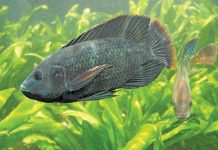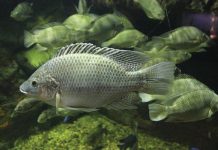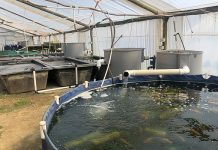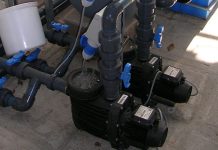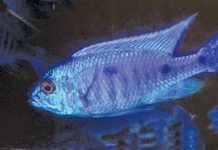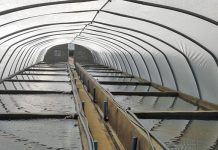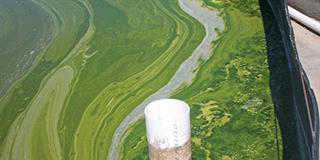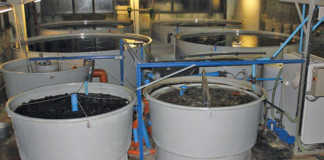It has become increasingly popular to group similar industries together in zones or industrial parks. Zoning for aquaculture has been proposed in some quarters, so it is of importance to understand whether this is indeed appropriate.
Aquaculture is site-specific. There is little sense in trying to force trout farms, for example, into water-limited areas simply to group them together, just as there is no logical reason to attempt to group marine farms next to towns.
Seawater farms may appear to be likely candidates for industrial parks near towns, and it is convenient for regulatory authorities to have such ventures restricted to one locality. However, the municipal costs, which include land and service rates as well as water and electricity tariffs, do not necessarily make this an economically viable option.
Attempts to zone freshwater aquaculture are also questionable. In an arid country, the sites where freshwater aquaculture can flourish are highly site-specific. Gravity flow of clean, unpolluted water can make the difference between a viable and an uneconomic project. In the case of warm water culture of species such as tilapia or catfish, the world trend shows that this is rarely an industrial-scale activity.
Tilapia culture in China and Egypt, and catfish culture in Nigeria, are collective efforts comprising thousands of small rural farms. Each is often a side activity to another form of agriculture, and in the case of catfish, often an urban backyard cottage industry. Forcing these individual activities into an industrial zone, or a particular region, may cause the industry to collapse.
Restrictions
In South Africa, all warm water aquaculture to date has similarly been a diversification of other farming activities. Only recently have a few purpose-built, self-sustaining hatcheries and grow-out units been built. These are invariably dependent on specific site benefits such as a gravity supply of water, a suitable micro climate, a captive market, appropriate existing infrastructure, nearby sources of relevant skills, or a combination of these factors. To relocate these projects to industrial ‘zones’ or specific regions would effectively negate these site-specific advantages and stop the fledgling industry in its tracks.
Sustainability
On a farm, water for aquaculture may be essentially free as a result of multiple use – irrigation, domestic and fish farming. This is not the case in an industrial zone. One of the cornerstones of sustainable living is the reuse of valuable and scarce resources, so it makes no sense to use water once, simply to conform to a misguided desire for regulation of the activity.
Similarly, to limit development to corporate level investment projects is also in conflict with the world trend in this sector. A farmer who can diversify his operation to include production of high-quality fish protein using existing farm dams or tunnels, or use manure to fertilise pond water for natural feed production, should surely be encouraged. After all, natural production is declining and protein prices are rising steadily.
‘Police state’
A sinister aspect of zoning is the cynical approach of regulatory bodies who seek to confine what is perceived to be a ‘problem industry’ to areas where they can be policed and remain ‘risk-free’. Rather than promoting the use of certified bio-secure systems, which can easily be designed and operated, such authorities prefer the soft option of effectively restricting such activities to zones where they are unlikely to succeed anyway, thus saving themselves the trouble!
Nicholas James is an ichthyologist and hatchery owner.

